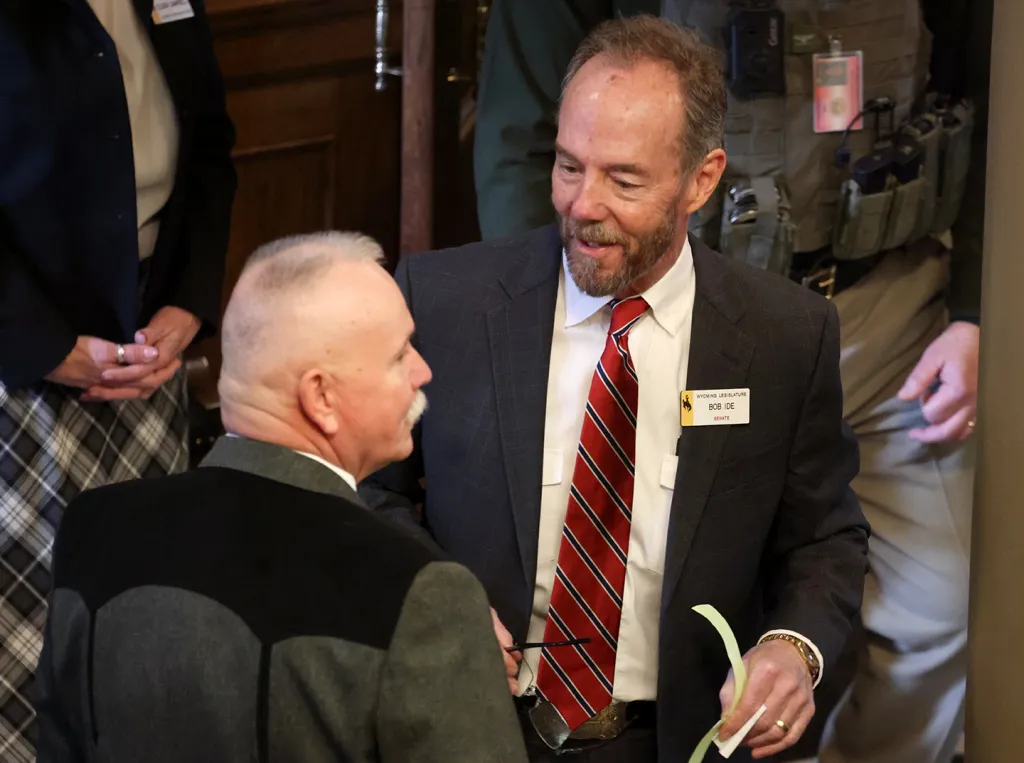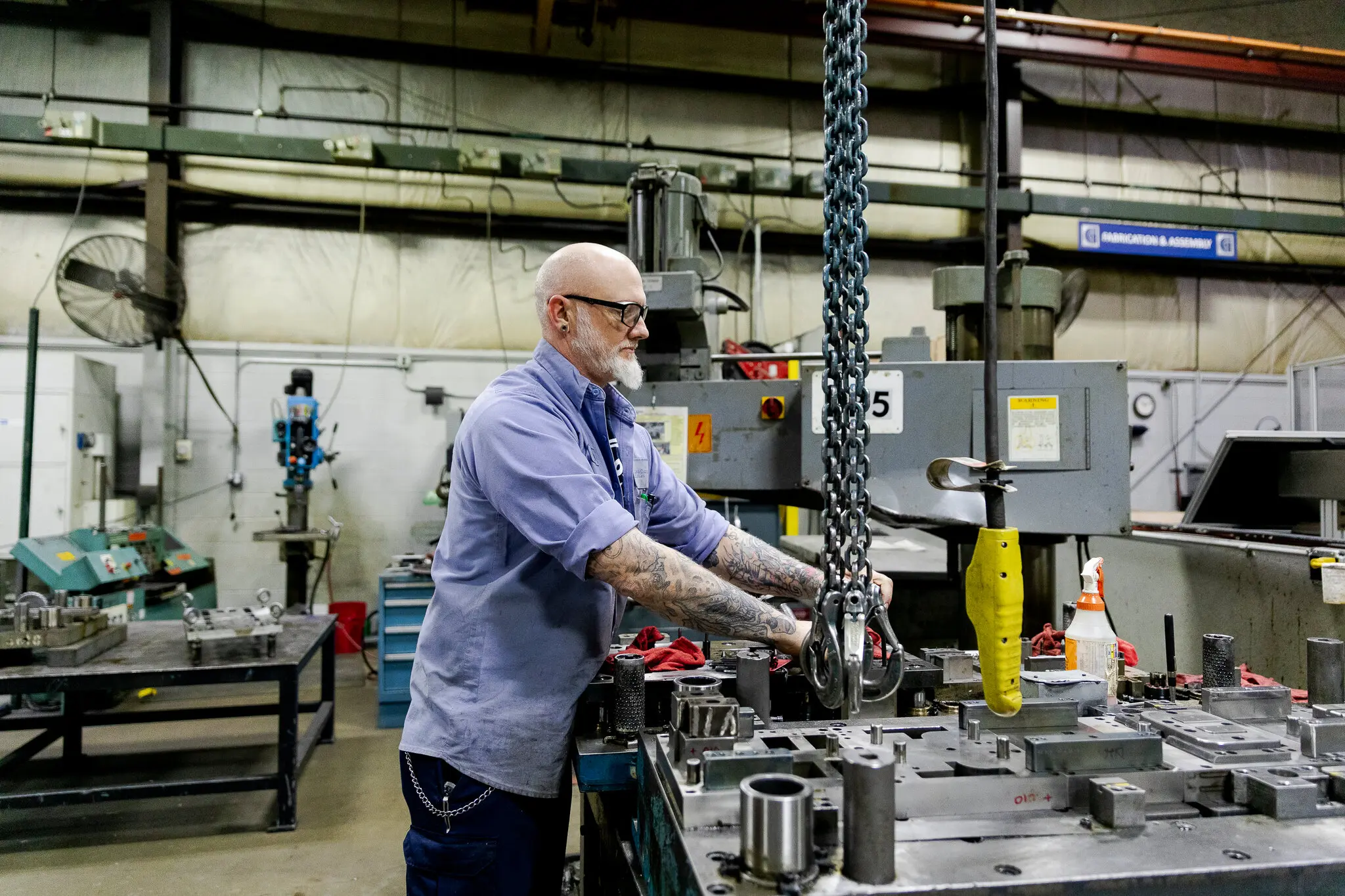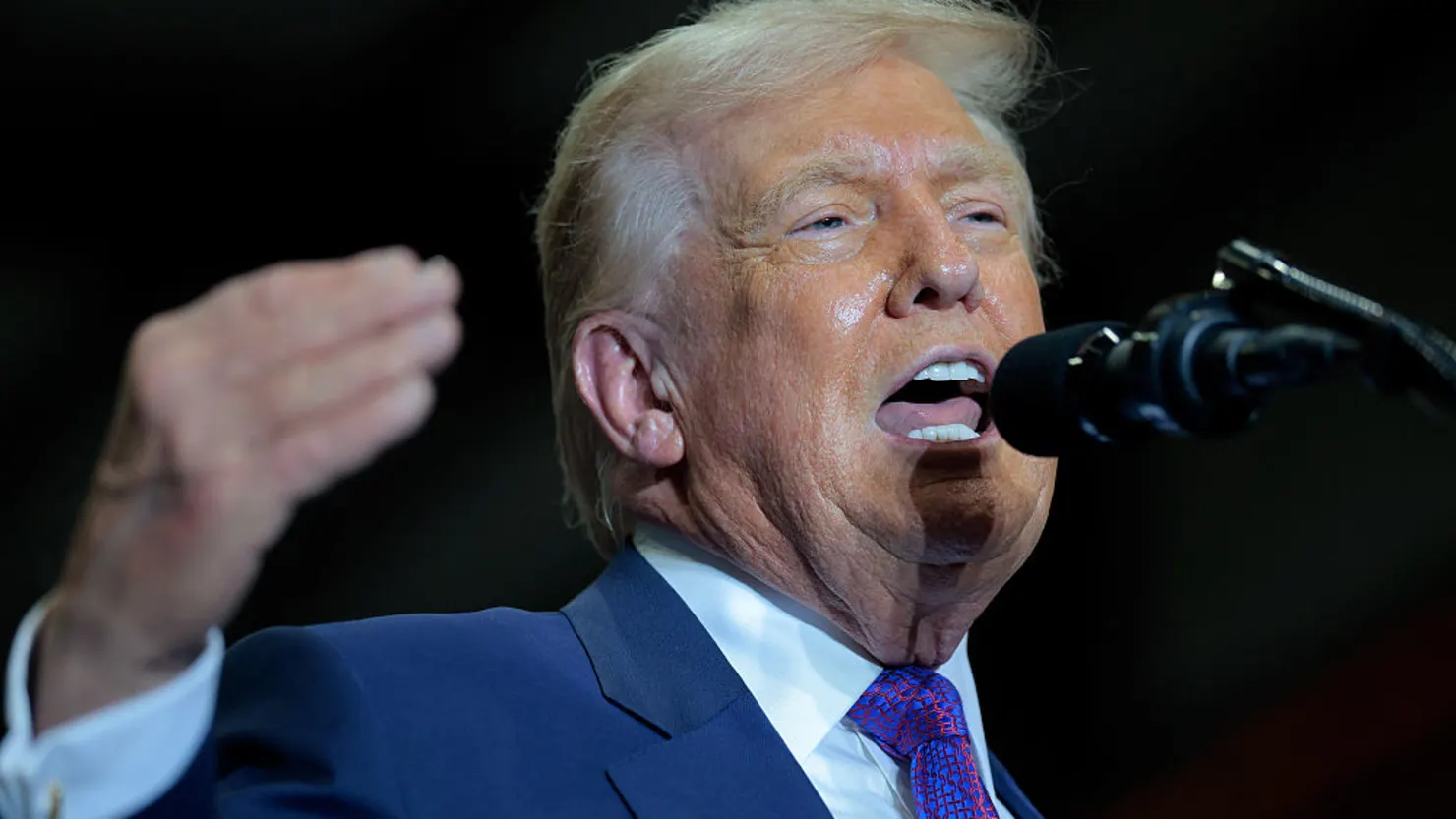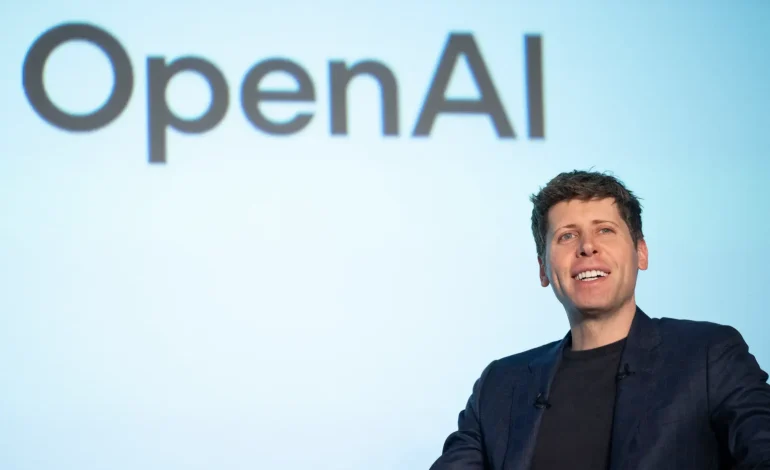OpenAI boss Sam Altman is warning that Silicon Valley’s AI obsession is starting to look a lot like the dot-com bubble of the late ’90s — too much money chasing too little substance.
“When bubbles happen, smart people get overexcited about a kernel of truth,” Altman told a group of reporters over dinner, according to The Verge. “Are we in a phase where investors as a whole are overexcited about AI? My opinion is yes. Is AI the most important thing to happen in a very long time? My opinion is also yes.”
In other words, Altman thinks AI is both overhyped and transformational — a tricky mix that’s fueling trillions of dollars in bets on the future.
Altman compared today’s AI boom to the internet bubble, when companies with little more than a “.com” in their name saw sky-high valuations — before the Nasdaq crashed nearly 80% between 2000 and 2002.
Some analysts say this time could be worse. Apollo Global Management’s chief economist Torsten Slok recently argued that today’s AI frenzy has pushed valuations for the top S&P 500 companies even higher than during the internet bubble.
Alibaba co-founder Joe Tsai and Bridgewater’s Ray Dalio have issued similar warnings about an overheated market.
Not everyone is hitting the panic button, though. Ray Wang of Futurum Group told CNBC that the fundamentals for AI and semiconductors are still strong, even if there’s “a high amount of speculative capital” chasing unproven startups. Others, like Aethir CTO Kyle Okamoto, argue this looks less like a bubble and more like a supply crunch — too much demand for compute power and not enough GPUs.
Ironically, Altman’s company is a big reason for the frenzy. OpenAI raised $40 billion in March at a $300 billion valuation, and is now planning a stock sale valuing it at around $500 billion. The company is also on track to pass $20 billion in annual recurring revenue, though it’s still not profitable.
OpenAI’s latest release, GPT-5, landed with a thud among some users, who complained it wasn’t as intuitive as GPT-4. The backlash forced the company to restore access to older models for paying customers.
Altman himself has been tempering expectations about “AGI” — artificial general intelligence that can do anything a human brain can. Once one of AGI’s biggest cheerleaders, he now says the term is losing its relevance.
Despite the caution, Altman continues to dream big. He’s said OpenAI will spend trillions building out data centers, has floated interest in buying Chrome if regulators force Google to sell it, and confirmed plans to launch a brain-computer interface startup to rival Elon Musk’s Neuralink.
And he couldn’t resist taking a swipe at Musk’s chatbot project, joking that some companies are bound to waste money on things like “Japanese anime sex bots,” while OpenAI will stick to “useful apps.”
So is AI in a bubble? Altman’s take is basically: yes, investors are way too hyped — but no, AI isn’t going away. The internet crashed and burned two decades ago, but it also changed everything. He seems to think AI is headed for a similar arc: some flames, some wreckage, but eventually, a revolution.
With input from PYMNTS, New York Post, and CNBC.










The latest news in your social feeds
Subscribe to our social media platforms to stay tuned